TSSM'S BHIVARABAI SAWANT COLLEGE OF ENGINEERING AND RESEARCH
S No 12-1-2 and 12-2-2 Narhe, Taluka- Haveli, Near Sanas Crane, Pune-Bangalore Highway, Pune, Maharashtra 411041
Approved By AICTE and Affiliated To Savitribai Phule Pune University
Facilitation Center - 6649
ACCREDITED BY NAAC WITH "A" GRADE
Civil Engineering
Civil Engineering is one of the core branches of engineering. As the name implies- “CIVIL”, the branch mainly deals with fulfillment of basic necessities of human being. Apart from development of infrastructural facilities, it has also become a sector that encompasses around 50 % funds in national economy.
Growth of population and urbanization invited new problems in urban planning such as water supply, waste management, transportation and global warming. To overcome these problems and to build tomorrow’s India, role of Civil Engineer has vital essay writing service importance even in the era of information technology. Civil Engineering Department has been established in the year 2010. The Department is enriched with 13 laboratories equipped with sophisticated instruments, experienced and dedicated teaching faculty in all specializations of various disciplines of Civil Engineering. We have started our consultancy for outside clients also, such as testing of concrete cubes, water, waste water sampling etc. We are specialized in tests required for road works. Extra teaching for weak students is a unique feature of our college. The department is committed to produce competent Civil Engineers of multidimensional personality.
Vision
To be a Center for Developing Technically Excellent & Creative Civil Engineers.
Mission
1. To create technically sound civil engineers through rigorous teaching learning process.
2. All round development of students by providing conducive environment.
3. To Promote employability and entrepreneurship with professional ethics through skill development.
Program Educational Objectives (PEO)
- PEO1. Graduate shall have successful career in civil engineering.
- PEO2. Graduate shall be competent to work in diversified professional environment.
- PEO3. Graduate shall adapt to technological advances.
Program Specific Objectives (PSO)
- PSO1. Able to analyse and design of various civil engineering structures like buildings, bridges, water tanks, retaining walls subjected to static and dynamic loads.
- PSO2. Able to understand and apply the concepts of fluids and flow phenomena to carry out analyse and design of hydraulic structures like dams, spillways and canals.
- PSO3. Able to plan different types of buildings and to develop the logic for management of construction projects.
- PSO4. Able to understand and apply concepts of surveying and levelling to carry out various investigations like geological and geotechnical for construction of various structures like roads and buildings.
Program Outcomes (PO)
- PO1. Engineering knowledge: Apply the knowledge of mathematics, science, engineering fundamentals, and an engineering specialization to the solution of complex engineering problems.
- PO2. Problem analysis: Identify, formulate, research literature, and analyze complex engineering problems reaching substantiated conclusions using first principles of mathematics, natural sciences, and engineering sciences.
- PO3. Design/development of solutions: Design solutions for complex engineering problems and design system components or processes that meet the specified needs with appropriate consideration for the public health and safety, and the cultural, societal, and environmental considerations.
- PO4. Conduct investigations of complex problems: Use research-based knowledge and research methods including design of experiments, analysis and interpretation of data, and synthesis of the information to provide valid conclusions.
- PO5. Modern tool usage: Create, select, and apply appropriate techniques, resources, and modern engineering and IT tools including prediction and modeling to complex engineering activities with an understanding of the limitations.
- PO6. The engineer and society: Apply reasoning informed by the contextual knowledge to assess societal, health, safety, legal and cultural issues and the consequent responsibilities relevant to the professional engineering practice.
- PO7. Environment and sustainability: Understand the impact of the professional engineering solutions in societal and environmental contexts, and demonstrate the knowledge of, and need for sustainable development.
- PO8. Ethics: Apply ethical principles and commit to professional ethics and responsibilities and norms of the engineering practice.
- PO9. Individual and team work: Function effectively as an individual, and as a member or leader in diverse teams, and in multidisciplinary settings.
- PO10. Communication: Communicate effectively on complex engineering activities with the engineering community and with society at large, such as, being able to comprehend and write effective reports and design documentation, make effective presentations, and give and receive clear instructions.
- PO11. Project management and finance: Demonstrate knowledge and understanding of the engineering and management principles and apply these to one’s own work, as a member and leader in a team, to manage projects and in multidisciplinary environments.
- PO12. Life-long learning: Recognize the need for, and have the preparation and ability to engage in independent and lifelong learning in the broadest context of technological change.
Prof. Nivas Rajaram Patil
Assistant Professor M.E.(Construction Management )
nrpatil_civil@tssm.edu.in
Dr. Irshad N. Shaikh
Assistant Professor Ph.D. (Civil), M.Tech (Environmental Engg.)
inshaikh_civil@tssm.edu.in
Civil Engineering Students Association (CESA)
Civil Engineering Students Association (CESA) deals mainly with the extra-curricular activities to be organized by the departmental students for the departmental students. The association works for the integration of the students of various classes through various activities to bring out the hidden talents, technical skills and to enhance them as well as to develop students personality by making them organize the events which will help them to learn the managerial skills along with team and time management. Along with this, the association also works to organize technical activities which make them aware of the latest trends in Civil Engineering and help them prepare for the Global Competition.
Vision
- To encourage the youth to recognize the abilities and thereby personality development through extracurricular activities.
Mission
- To provide services through activities adopting technical solutions.
Objective
- To identify the different skills of the students.
- To motivate the students by developing their personality through social/technical activities.
- To organize various events for the students which will help them to interact with each other to share their knowledge and to improve their managerial skills, team work and time management.
- Identify and bring out the hidden talent to shape their personality and to set their career.
- Understand their social responsibilities through social activities and to guide the youth towards national integration.
- Develop their technical skills through participation in different technical activities to understand and implement the theoretical knowledge to cross the difficulties.
- Interact with each other through different activities by helping and sharing their knowledge to successfully organize the event by learning management skills and to manage the time limit effectively with team work.


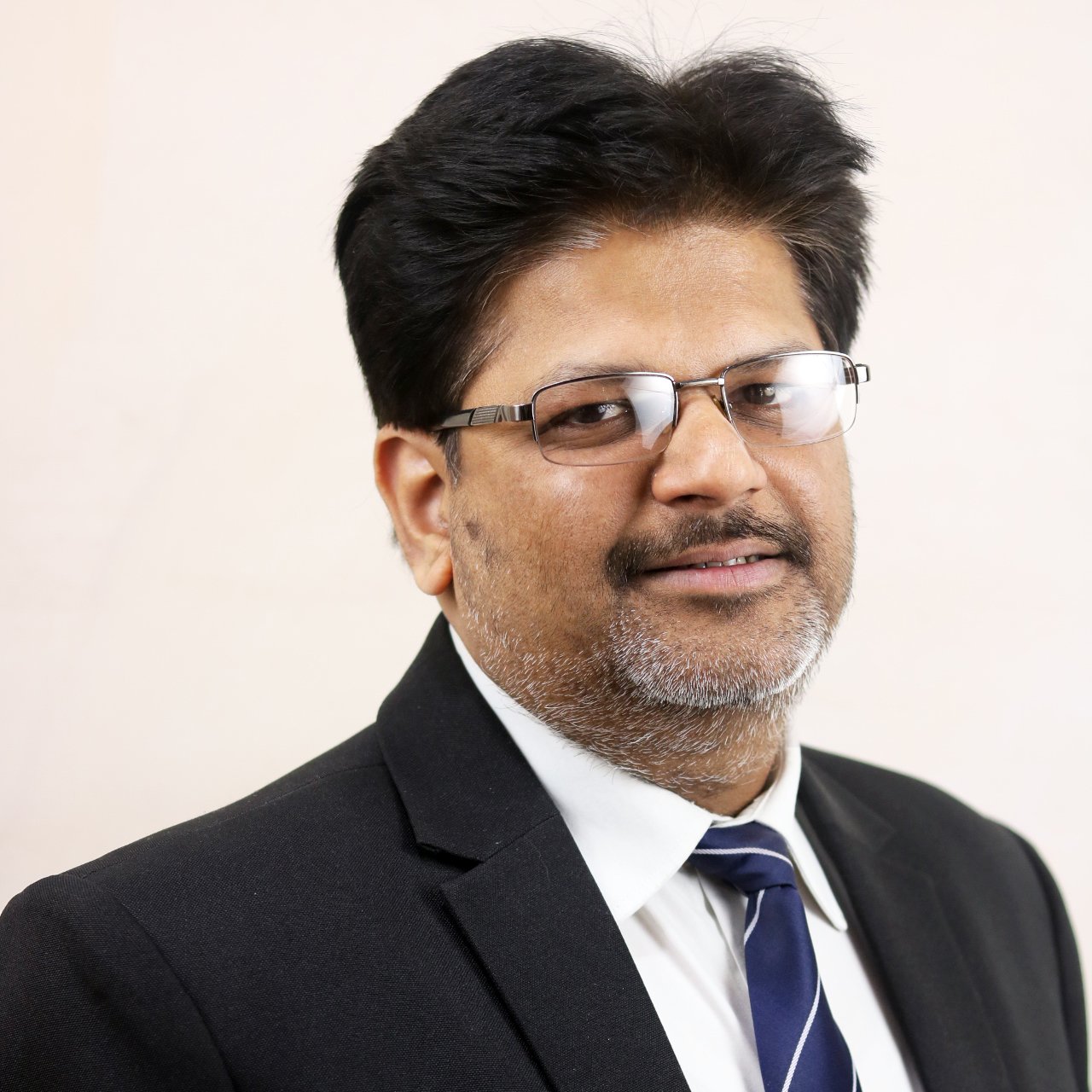
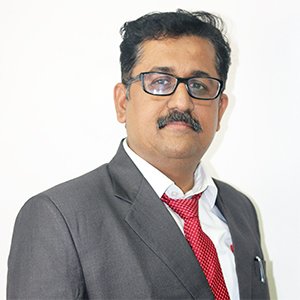
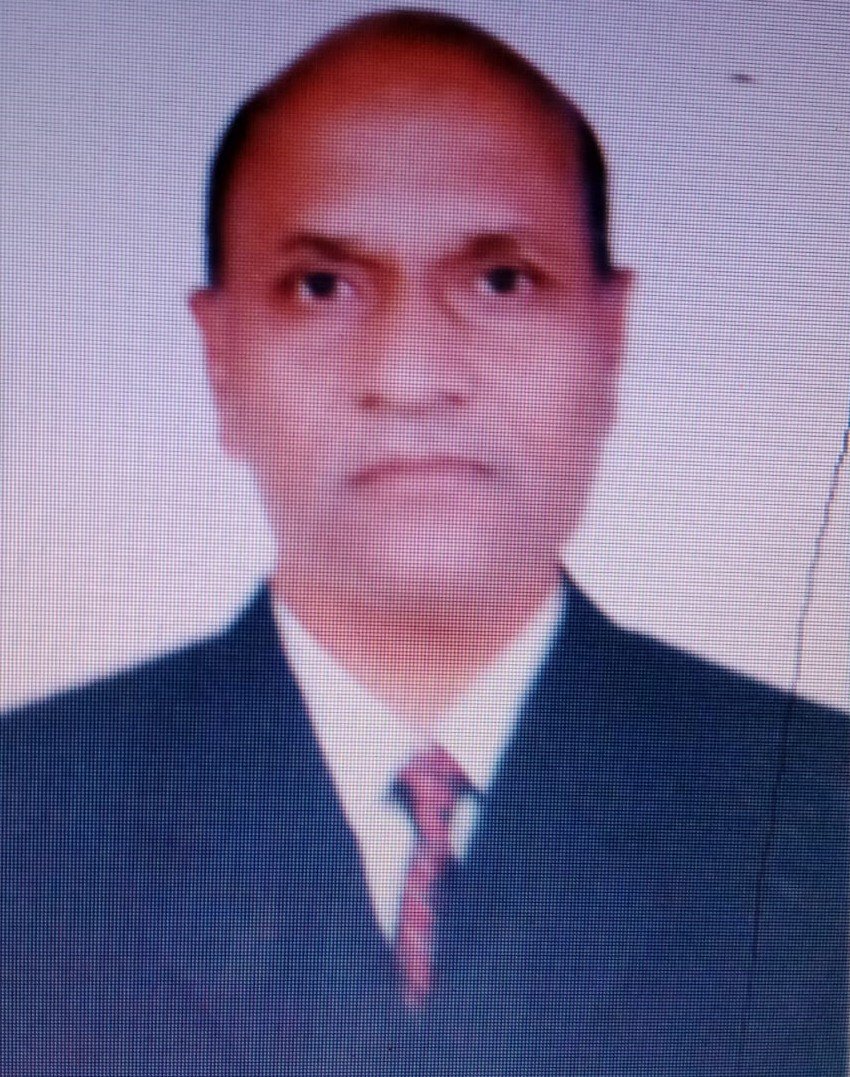

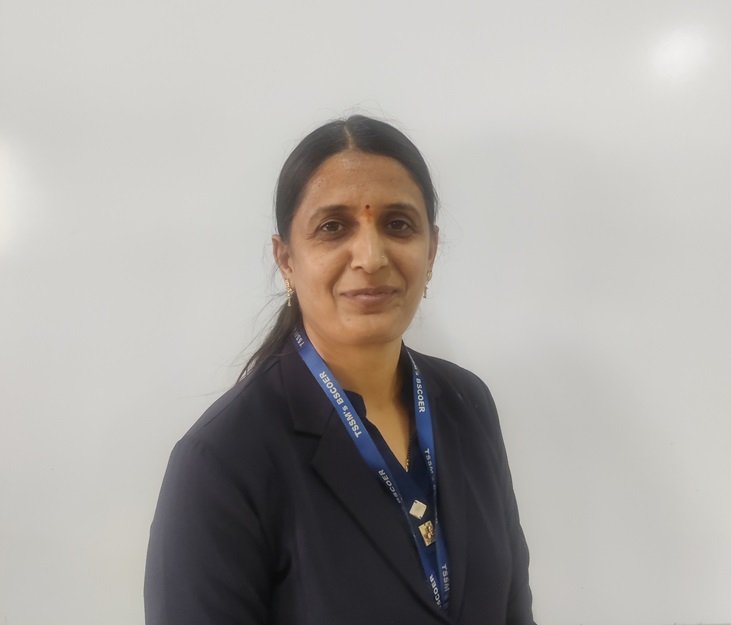
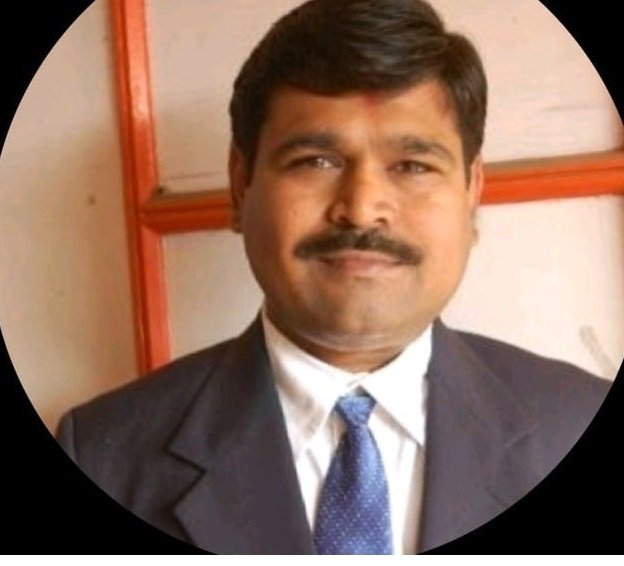
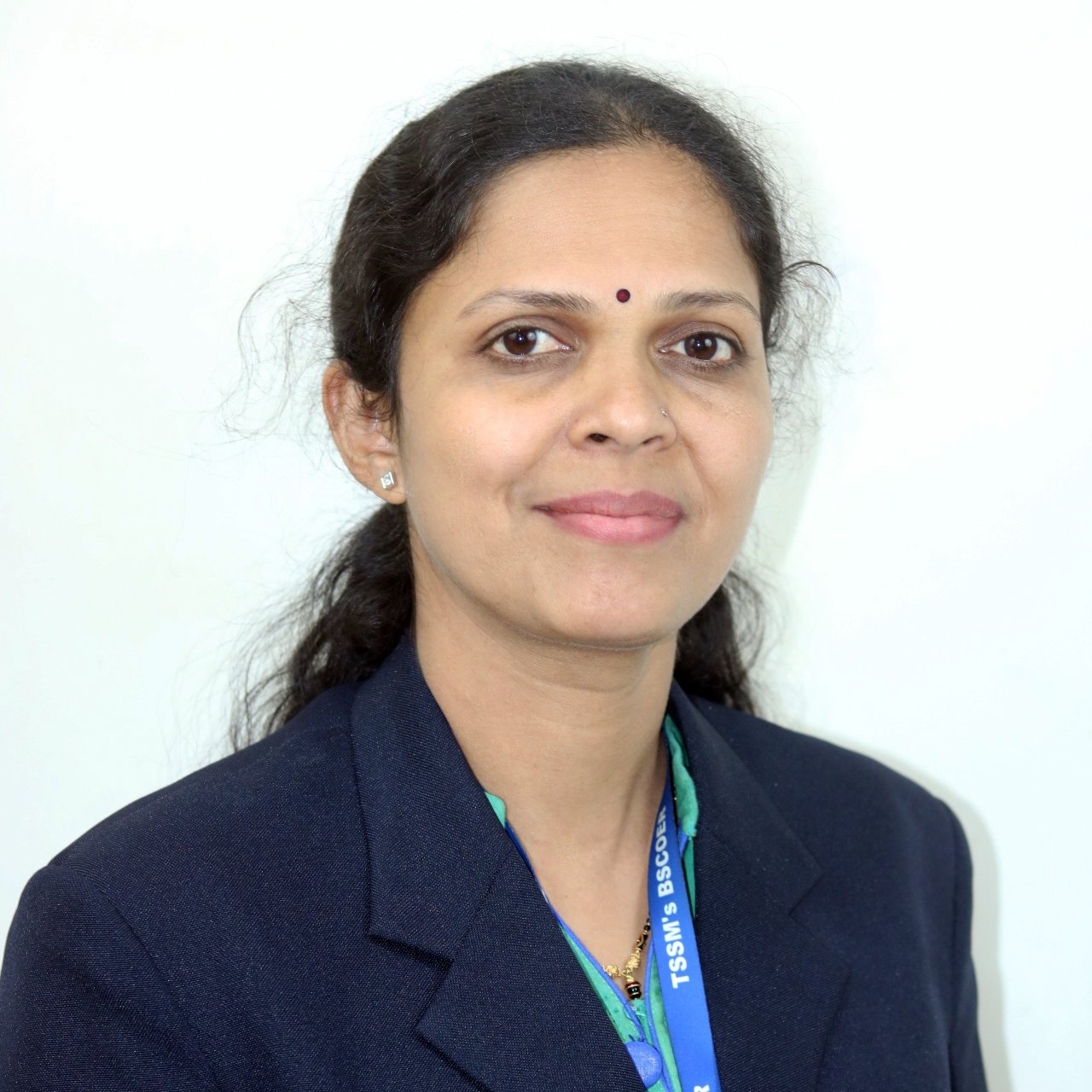
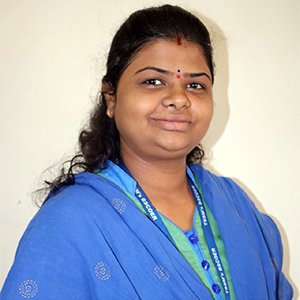
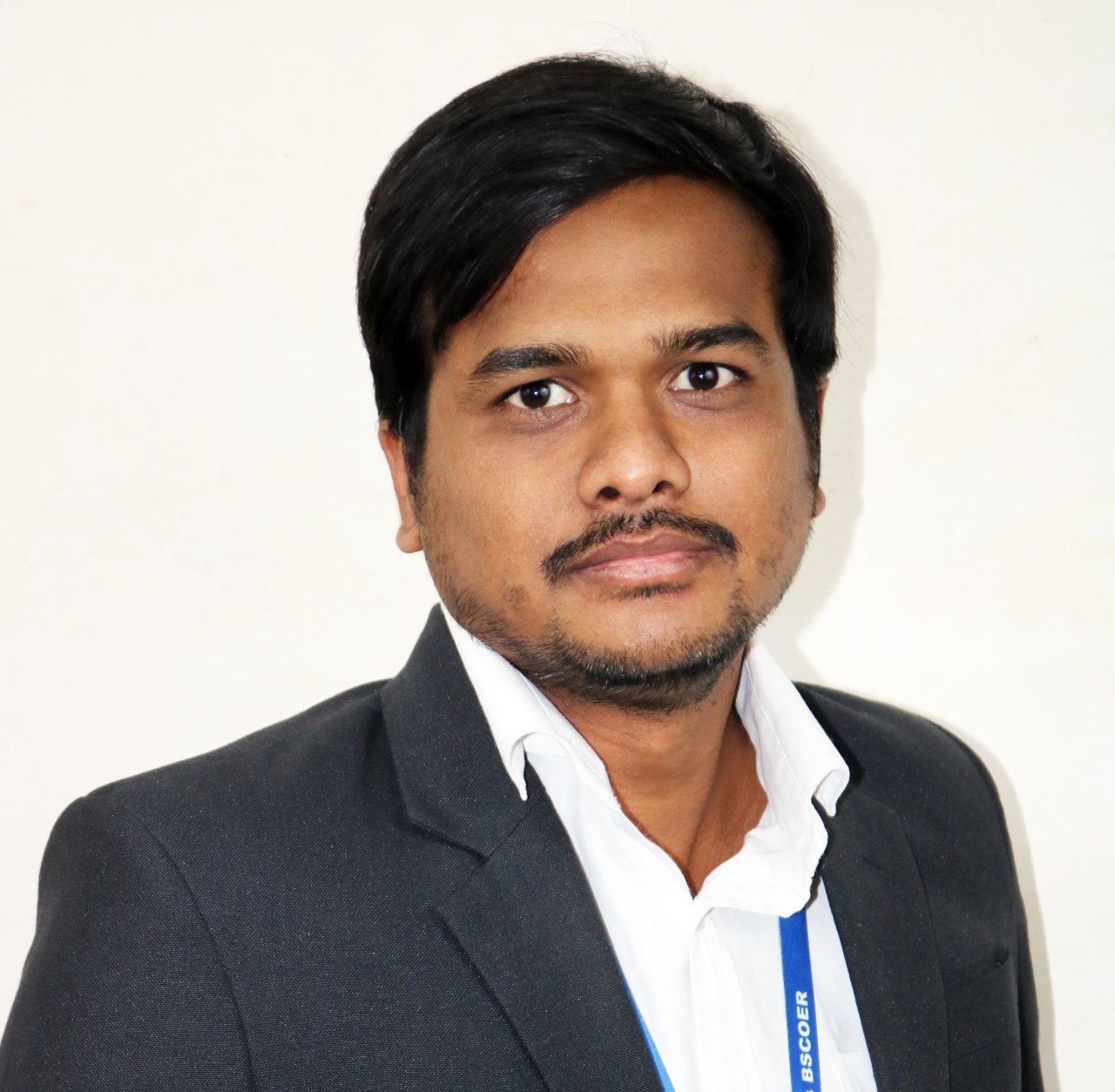
Engineering Mechanics
Read MoreStrength of Materials
Read MoreEngineering Geology
Read MoreConcrete Technology
Read More